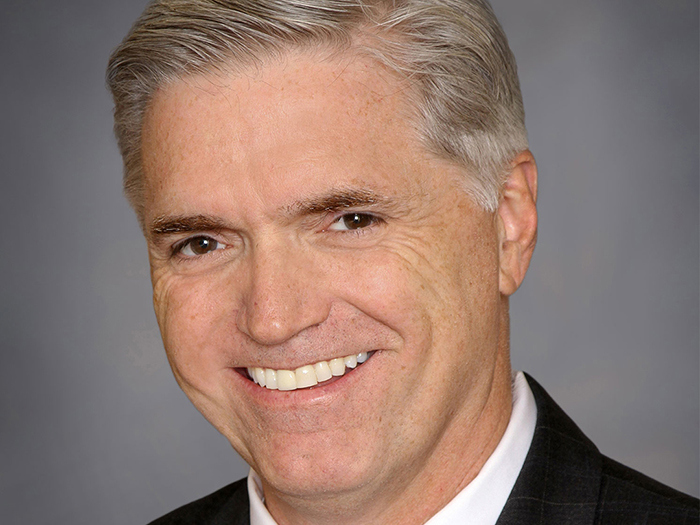Securities Litigation Landscape Shifts as Funding Surge and Regulatory Changes Drive Case Volume Higher

U.S. publicly traded companies face an increase in securities class action filings, with 72% of defense attorneys surveyed now predicting increases in filings over the next 12 months compared to just 25% in the previous year’s survey, according to a research report by specialist insurer Inigo.
Third-party litigation funding has emerged as a significant force reshaping securities litigation, with a quarter of defense counsel respondents reporting work on funded cases within the past 12 months. The commercial litigation funding market grew 69% between 2019 and 2024, reaching $16.1 billion in assets under management across 42 funders, according to Westfield Advisors data cited in the report.
This influx of capital is changing plaintiff behavior in notable ways, according to Inigo. Defense attorneys report increasingly aggressive settlement demands and less flexible negotiating positions. One respondent noted that “plaintiff lawyers seem more aggressive than ever,” with opening settlement demands “getting much higher” even for weak cases.
The funding trend extends beyond traditional securities litigation into derivatives, bankruptcy and antitrust cases, the report said. Major investments include Longford Capital’s reported $40 million commitment to Quinn Emanuel in 2024, enabling previously less active firms to pursue securities cases more aggressively.
Meanwhile, artificial intelligence has become a prominent litigation target, with 73% of respondents predicting AI will be central to future securities lawsuits. Nine AI-related cases were filed in the first half of 2025 alone, compared to 15 in all of 2024, primarily involving allegations of “AI washing” or overstating capabilities, the report said.
Regulatory Shifts Create Enforcement Vacuum
Major changes at federal enforcement agencies are reshaping the regulatory landscape, Inigo said. The Securities and Exchange Commission has lost 15% of its staff—approximately 600 employees—since the Trump administration took office, according to statements from SEC Chairman Paul Atkins.
This personnel exodus is already affecting case prosecution, with 73% of survey respondents reporting observable changes in how the SEC and Department of Justice handle cases. One defense attorney cited in the report noted difficulties reaching agency contacts, writing that “everyone we dealt with has gone and trying to get a response from anyone else is impossible.”
The enforcement vacuum is being filled by other actors. Many former SEC and DOJ attorneys have joined plaintiffs’ firms, potentially bringing insider knowledge to private litigation efforts, the report said. State attorneys general, particularly in Democratic states like New York and California, are also stepping up enforcement activities in areas such as antitrust.
Federal judges with less experience are creating additional challenges for defendants, Inigo said. Nine out of 10 respondents said inexperienced judges are less likely to dismiss cases, with some respondents indicating that newer Biden appointees were taking “a more pro-plaintiff stance” and preferring to “give the plaintiff their day in court,” according to the report.
Higher Costs and Compliance Risks Reshape Strategy
These converging trends point toward significantly higher litigation costs and compliance burdens for publicly traded companies. Well-funded plaintiffs’ firms are targeting established public companies more frequently as the pool of weaker SPAC and IPO targets has diminished, the report noted.
Delaware, the preferred incorporation state for 68% of S&P 500 companies, faces growing criticism over increasingly plaintiff-friendly derivative litigation rulings, according to Inigo. While the state has enacted governance reforms limiting shareholder record demands, these changes don’t address underlying issues that have made derivative cases more successful recently, the report said.
Geopolitical uncertainties add another layer of complexity, the survey found. Companies are struggling to provide appropriate guidance amid rapidly changing tariff policies and international tensions.
“Directors and officers have two main problems, respondents told us,” the survey authors said. “First, whether to disclose the impact that tariffs are already having on their businesses. Second, how cautious they should be in caveating their future earnings guidance due to the global tensions. Both are likely to lead to more class actions against firms alleging they misled investors, defense attorneys believe. ”
The survey findings suggest a fundamental shift in the securities litigation environment that is likely to drive both the volume and cost of securities litigation significantly higher in the coming year, Inigo said.
Obtain the full report here. &








